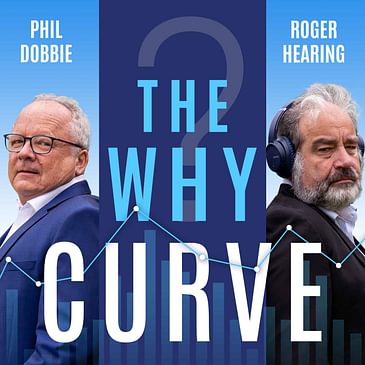TV debates, TikTok stunts, falling off a paddleboard - does any of it influence how people vote? What works in an election campaign? Does ANYONE read a manifesto? How can politicians connect effectively with the public? Or has everyone already made up their minds? Dr Matt Walsh, head of the School o...

